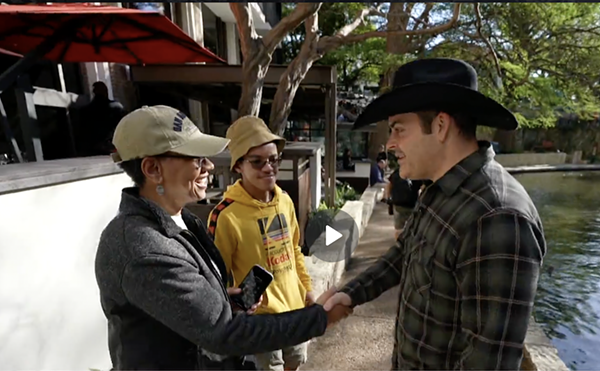|
By Steven G. Kellman Like Alfred Hitchcock's Strangers on a Train, Confidences trop intimes - whose English title, Intimate Strangers, is an elegant oxymoron - begins with the closeup of a pair of walking legs. Like Vertigo, it features a character who has difficulty distinguishing fantasy from reality. And like Rear Window, it examines the attractions of voyeurism, not only through a character who spies neighbors' windows but also through exposing the peculiar pleasure that therapists and movie audiences enjoy when granted access to others' secrets. By the time the opening credits to Intimate Strangers conclude, the walking legs have taken a beautiful woman to an office she has never visited before. Distraught and desperate, Anna Delambre (Bonnaire) found this particular address in the telephone directory, under "psychotherapist." She immediately begins unburdening herself of the details of her troubled marriage. When she eventually, abruptly, terminates the session, stating she will return in a week, William Faber (Fabrice Luchini) is too overwhelmed by the revelations he has heard to offer one of his own - Anna has wandered into the wrong office; William is not a therapist but a tax attorney. Accustomed to dealing with drab clients and their financial ledgers, William is fascinated by Anna's story and more than a little attracted to the storyteller. As their sessions continue, he finds it difficult to break the spell, to confess that he is not what she takes him for. He wanders down the hall to consult Dr. Monnier (Duchaussoy), the shrink whom Anna thinks she has been visiting. Before charging 130 euros for his services, Monnier reassures William that he is not entirely an impostor. "We both treat the same problem - what to declare and what to hide," says the therapist to the tax attorney.
I doubt that many tax attorneys, even in the land of Proust, keep a copy of Henry James' The Beast in the Jungle in their offices. But William does, and Anna borrows it, as if to emphasize the parallels between the exquisite equivocations that prevent James's neurotic John Marcher from reaching out to the woman he loves and William Faber's own paralyzing inhibitions. "Live all you can" advises a character in James' The Ambassadors, "it's a mistake not to." The characters in Intimate Strangers live all they can within the conventions of a Hitchcock thriller devoid of violence except the psychological sort. An homage to Jamesian ambiguities, the film arouses our curiosity without entirely satisfying it. How much of Anna's tale is true? Is she manipulating William? It is all enough to make a rational viewer wriggle in his privileged seat. •
|
















